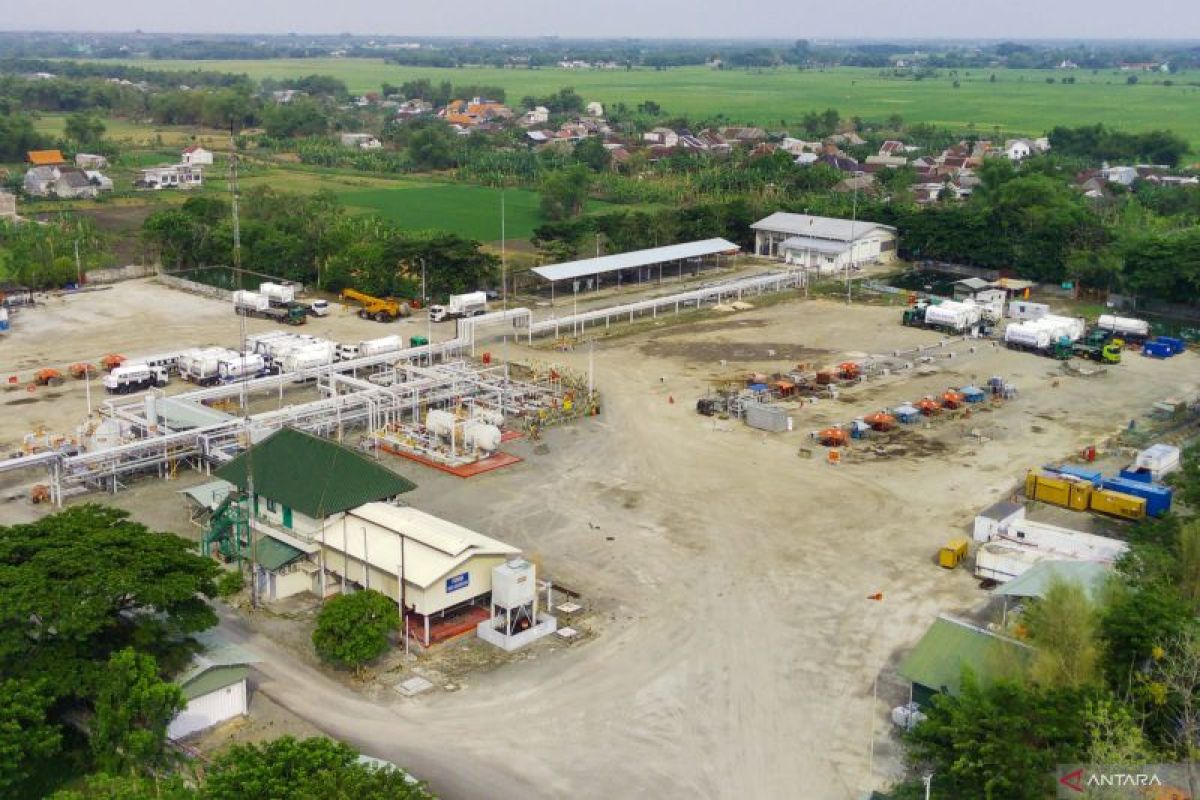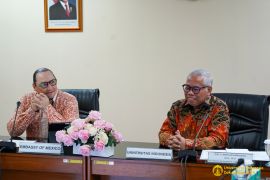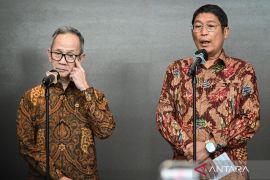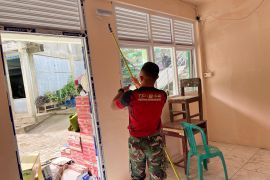The ministry's Deputy for Maritime Sovereignty and Energy Coordination, Jodi Mahardi, told ANTARA here on Saturday that Indonesia is at the forefront of the green industrial era, with its potential CO2 storage capacity of 400 to 600 gigatons in depleted reservoirs and saline aquifers.
Mahardi stated that the national CO2 emissions storage can last for 322 to 482 years, with an estimated peak of 1.2 gigatons of CO2 equivalent by 2030.
"To achieve net zero emissions by 2060, Indonesia strives to develop CCS technology and establish a CCS hub. This initiative will not only contain domestic CO2 but also (from overseas through) international cooperation," he explained.
He said the CCS hub will mark a new era for Indonesia, where CCS is recognized as a license to invest in low-carbon industries, such as blue ammonia, blue hydrogen, and advanced petrochemicals.
"This approach will be a breakthrough for the Indonesian economy by opening up new industrial opportunities and creating a global market for low-carbon products," he stated.
Related news: Gov't to propose carbon capture, storage project during G20 Presidency
Meanwhile, he remarked that CCS requires a large investment and to demonstrate its commitment, the Indonesian government has inked a memorandum of understanding (MoU) with ExxonMobil on the investment worth US$15 billion in CO2 emissions-free industries.
By comparison, the CCS Quest project, with a capacity of 1.2 million tons of CO2 per year in Canada, requires US$1.35 billion. This data shows the importance of international CO2 storage allocations in facilitating large investments for CCS projects.
To this end, it is important for Indonesia to make the most of this opportunity to compete with other neighboring countries, such as Malaysia, Timor-Leste, and Australia, in becoming the regional CCS hub, Mahardi stated.
Related news: Indonesia offers investment opportunities in oil and gas to Norway
Translator: Ade J, Kenzu
Editor: Yuni Arisandy Sinaga
Copyright © ANTARA 2023












